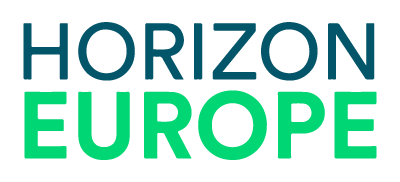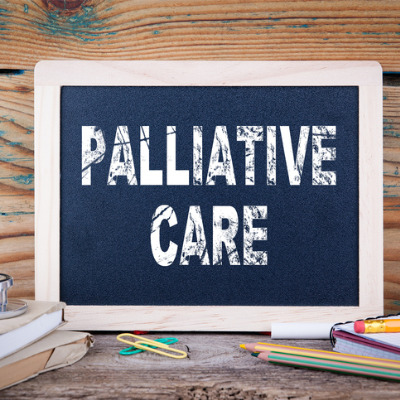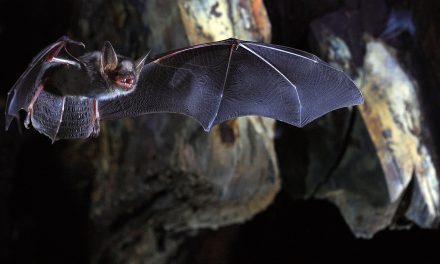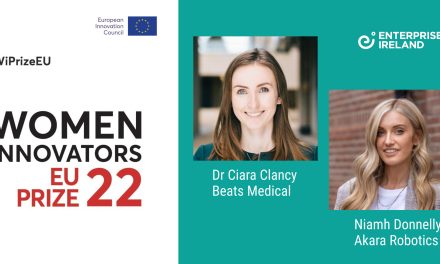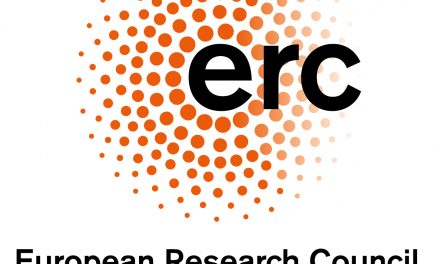Horizon 2020 funding for palliative care research projects
Horizon 2020 Irish success: A look back at three Irish teams that secured €1.36 million funding from the European Commission.
The three projects with Irish partners that won funding from the EU are:
Better-B, ‘Improving the situation of people affected by breathlessness’.
DIAdiC, ‘Dyadic Psychosocial Interventions for people with Advanced cancer and their Informal Caregivers’.
PanCare FollowUP, ‘Novel, patient-centred survivorship care to improve care quality, effectiveness, cost-effectiveness and accessibility for survivors and caregivers’.
The three teams were among ten projects that won funding under the Horizon 2020 Health call. They began their respective research programmes in 2019.
The All Ireland Institute of Hospice and Palliative Care (AIIHPC) www.aiihpc.org, through the Palliative Care Research Network (PCRN), is supporting researchers on the island of Ireland involved in two of the projects, Better-B and DIAdiC.
Dr Mary Rabbitte, Program Manager Research, AIIHPC, commented, ‘If we are to continue to improve the quality of life for people with palliative care needs it is important that we are working with international clinicians and researchers. The Institute through our Palliative Care Research Network is delighted to support our members to build collaborations that work across academic institutions and settings on the island of Ireland. The success of these collaborations can be seen through their successful involvement as partners on EU projects’.
Professor Karen Ryan, Consultant in Palliative Medicine at the Mater and St Francis Hospice, and Clinical Professor in the School of Medicine at UCD, is involved in the Better-B project and added, ‘Being a partner on the Better-B project provides a unique opportunity to share clinical expertise in palliative care and further develop research experience with colleagues in Europe and Australia. The Better-B project is an excellent example of international collaboration to focus resources on providing an effective treatment for breathlessness; which can be one of the most distressing symptoms for people at end-of-life’.
Better-B, ‘Improving the situation of people affected by breathlessness’.
Imagine how it would feel to struggle every time you take a breath. This is the lived experience of people with severe, persistent breathlessness. Such breathlessness is often a symptom of people with advanced diseases such as cancer and lung disease and is often neglected or under-treated. The BETTER-B programme aims to significantly improve the treatment of severe breathlessness in patients with advanced disease consisting of a large-scale randomised controlled trial by establishing whether Mirtazapine, currently used as an antidepressant, is an effective treatment to reduce severe breathlessness even when people are not depressed.
The Irish partners on this project are Professor Karen Ryan, UCD and Professor Charles Normand, TCD. The consortium comprises 13 international breathlessness experts from respiratory, palliative care and rehabilitative specialities from five European countries, Ireland, UK, Poland, Italy and Germany as well as Australia. Click here for more information about this project.
DIAdiC, ‘Dyadic Psychosocial Interventions for people with Advanced cancer and their Informal Caregivers’.
This is an international randomised controlled trial. Around 3.5 million people in the EU are diagnosed with cancer every year and a diagnosis of advanced cancer has significant psychological and social consequences not only for the individual with the disease but also for family caregivers. The overall aim of the DIAdic project is to provide evidence about which psychosocial and educational interventions are most effective. The DIAdIC project is developing and evaluating two different methods of administering the interventions: a face-to-face method provided in the patient-caregiver’s home by a specially trained professional and an eHealth self-administered tool. Both are tailored to the needs of both patients and caregivers.
The aim is that by the end of this project there will be a clearer understanding of which psychosocial and educational supports are most effective in supporting cancer patients and their caregivers, and that such supports will be available in all European countries. The Irish partners on this project are Associate Professor Suzanne Guerin, Professor Phillip Larkin, UCD and Professor Charles Normand, TCD. Prof Kevin Brazil and Prof Joanne Reid from QUB are Northern Ireland partners. This project involves experts from nine research institutions in Belgium, Denmark, Italy, the Netherlands, the UK and Ireland. Click here for more information about this project.
PanCare FollowUP, ‘Novel, patient-centred survivorship care to improve care quality, effectiveness, cost-effectiveness and accessibility for survivors and caregivers’.
Thanks to better cancer treatments, more than 80% of children and adolescents in Europe who get cancer will now survive more than 5 years. However, cancer treatments are harsh and long-term effects mean that survivors require closer health monitoring compared to the average population. The project is looking at how to best deliver survivorship care to survivors of childhood and adolescent cancer in Europe. The project is developing and implementing a care intervention including new tools such as the survivorship care plan. This will enable health care providers and survivors to design the care that is needed. The aim to deliver better, person-centred survivorship care to European survivors of childhood and adolescent cancer should empower survivors and support self-management.
The overall aim is to improve the quality of life for survivors of childhood and adolescent cancer by bringing evidence-based, person-centred care to clinical practice in the real world. Regular long-term follow-up aiming for prevention, early detection and intervention of late effects can indeed preserve or improve health. The Irish partner on this project is Pintail (providing administrative support to the coordinator and partners), and involves 14 partners from 10 European countries, Austria, Belgium, Czech Republic, Denmark, Ireland, Italy, The Netherlands, Sweden, Switzerland and the United Kingdom. Click here for more information about this project.
Article submitted by Kay Duggan-Walls, National Contact Point for Health, Horizon Europe
